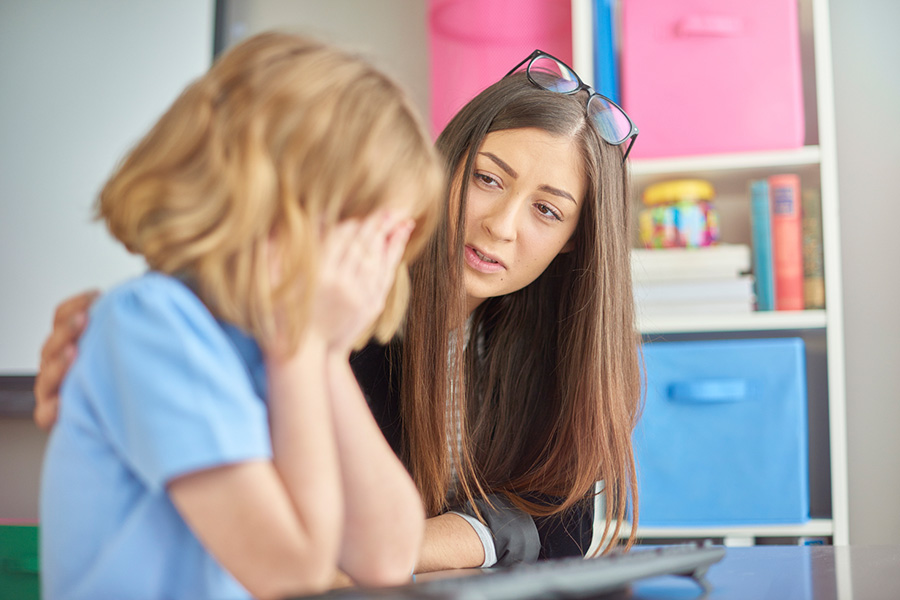Back when most of us were kids (and certainly when our parents were kids) bullying wasn’t nearly the buzzy topic it is today. That’s not to say it wasn’t happening. It was absolutely happening, but it was almost considered synonymous with childhood. To the extent that many adults simply looked the other way; just kids being kids, after all.
Today, we know better. Yes, bullying may be a common factor of childhood that we can all expect our children to encounter in some form or another, but that doesn’t make it something we should be turning a blind eye to.
In fact, doing so could be dangerous. And not just when the bullying is occurring, but for years, and even decades after the fact.
It makes sense that there would be short-term consequences to being bullied. We know that tweens and teens who have been bullied have increased difficulties both falling and staying asleep and tend to struggle more in school. They are also more likely than their peers to deal with depression and anxiety, and they have a higher rate of suicidal ideations and attempts.
But it turns out that bullying can have lasting effects as well.
Recent research published in the September 2015 edition of the Archives of Disease in Childhood found that childhood victims of bullying are at a greater risk of suffering from anxiety and depression well into middle adulthood (18 to 50 years of age). The increased risk for suicidal ideation, attempts and completed suicide continues into adulthood, and these same victims also report decreased general health. They are slower to recover from illness and experience more headaches and body pains. They also tend to attain lower levels of education, struggle more with financial management, and earn less than their peers even in middle age.
The American Academy of Experts in Traumatic Stress reports that, “It is not necessary to be physically harmed in order to suffer lasting harm.” And that, “Being the repetitive target of bullying damages your ability to view yourself as a desirable, capable and effective individual.”
Talk to former victims of bullying, and you’ll find a lot of truth in this. Janet Presley spoke to Tweendom about her experiences. “I was bullied,” she said. “Relentlessly. Verbally, physically. I was never sure why. Once, I had a bully lead me to the edge of a steep, 35-foot ravine at the back side of the soccer field and threaten to throw me in it. I was too afraid to say a word.”
When asked how she felt that bullying affected her later in life, she said, “It made me far more sensitive to how I make other people feel, at least when I was still in school. I tried hard not to step on any toes, which led to me being a doormat more often than not. It’s hard to find a delicate balance of being nice enough to people to avoid causing them pain, yet not too nice to be taken advantage of.”
Obviously, there are strong reasons for parents of children who are being bullied to be concerned. Which is exactly why we wanted to start this dialogue about bullying. What can you be doing to help your child avoid these struggles? How and when should parents step in? What works and what doesn’t?
We’re going to get to that, and we would LOVE to talk to any parents who have walked this road. Stay tuned in the weeks to come for tips from experts, and information you need to know… including how pervasive cyber bullying can be, which is the subject we will be covering next week!
In the meantime, what questions do you have? What advice do you need? Or what experience would you like to contribute to this conversation?
We’re waiting and would love to hear from you!

